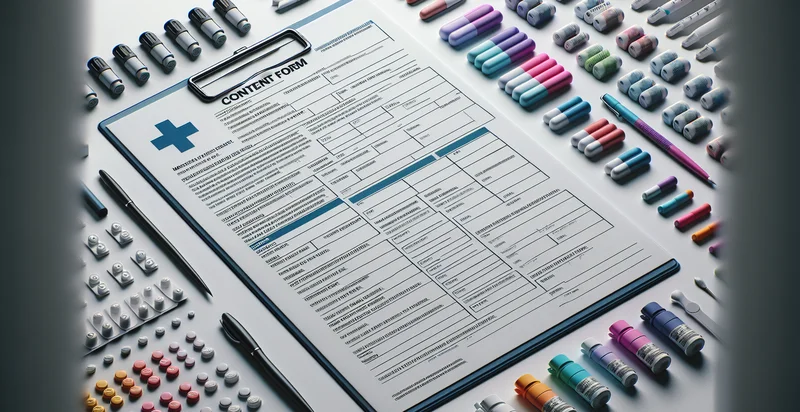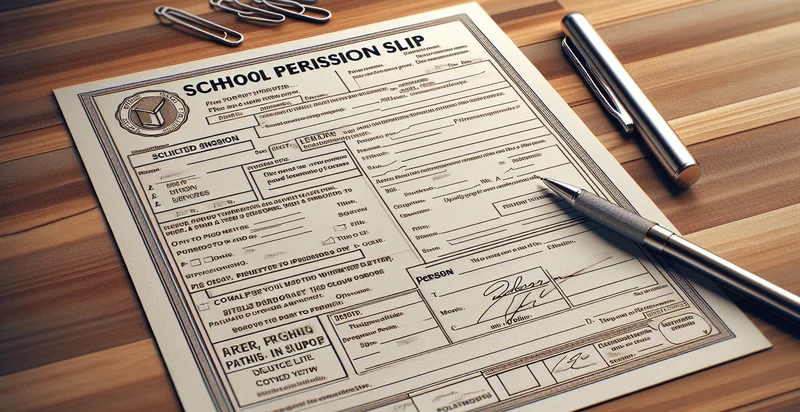Identify language of medical consent form
using AI
Below is a free classifier to identify language of medical consent form. Just input your text, and our AI will predict the appropriate language required for a medical consent form. - in just seconds.

Contact us for API access
Or, use Nyckel to build highly-accurate custom classifiers in just minutes. No PhD required.
Get started
import nyckel
credentials = nyckel.Credentials("YOUR_CLIENT_ID", "YOUR_CLIENT_SECRET")
nyckel.invoke("language-of-medical-consent-form", "your_text_here", credentials)
fetch('https://www.nyckel.com/v1/functions/language-of-medical-consent-form/invoke', {
method: 'POST',
headers: {
'Authorization': 'Bearer ' + 'YOUR_BEARER_TOKEN',
'Content-Type': 'application/json',
},
body: JSON.stringify(
{"data": "your_text_here"}
)
})
.then(response => response.json())
.then(data => console.log(data));
curl -X POST \
-H "Content-Type: application/json" \
-H "Authorization: Bearer YOUR_BEARER_TOKEN" \
-d '{"data": "your_text_here"}' \
https://www.nyckel.com/v1/functions/language-of-medical-consent-form/invoke
How this classifier works
To start, input the text that you'd like analyzed. Our AI tool will then predict the appropriate language required for a medical consent form..
This pretrained text model uses a Nyckel-created dataset and has 50 labels, including Arabic, Armenian, Basque, Bengali, Bulgarian, Catalan, Croatian, Czech, Danish and Dutch.
We'll also show a confidence score (the higher the number, the more confident the AI model is around the appropriate language required for a medical consent form.).
Whether you're just curious or building language of medical consent form detection into your application, we hope our classifier proves helpful.
Related Classifiers
Need to identify language of medical consent form at scale?
Get API or Zapier access to this classifier for free. It's perfect for:
- Consent Form Validation: This function can be utilized by healthcare organizations to ensure that medical consent forms are correctly written in the desired language. By automatically identifying the language, organizations can prevent miscommunication and enhance the compliance and validity of patient consent.
- Multilingual Support: In hospitals and clinics serving diverse populations, this function can assist in identifying the language of consent forms, enabling the provision of appropriate translation services. This ensures that patients fully understand the contents of the forms, leading to better patient experiences and informed decisions.
- Regulatory Compliance: Health regulatory agencies can use this identifier to validate that consent forms are being produced in accordance with local language requirements. This helps facilitate compliance audits and ensures that healthcare providers are meeting legal obligations for informed consent.
- Patient Outreach Programs: Organizations focusing on outreach can leverage this function to tailor their consent materials to the languages spoken within specific communities. By doing so, they can increase participation rates in medical studies or clinical trials by making consent forms accessible to non-native speakers.
- Digital Consent Management Systems: This function can enhance digital consent management platforms by ensuring that users only receive consent forms in their preferred language. It improves workflow efficiency by automatically categorizing documents based on language recognition.
- Automated Reporting: Healthcare administrators can utilize this identifier within their reporting systems to generate insights on the prevalence of different languages used in consent forms. This data can inform future translation efforts and resource allocation within the organization.
- Legal Document Review: Law firms specializing in medical malpractice or healthcare compliance can use this language identifier to quickly assess and categorize large volumes of medical consent forms. This functionality aids in streamlined document reviews and helps ensure that legal standards are met concerning patient consent.


